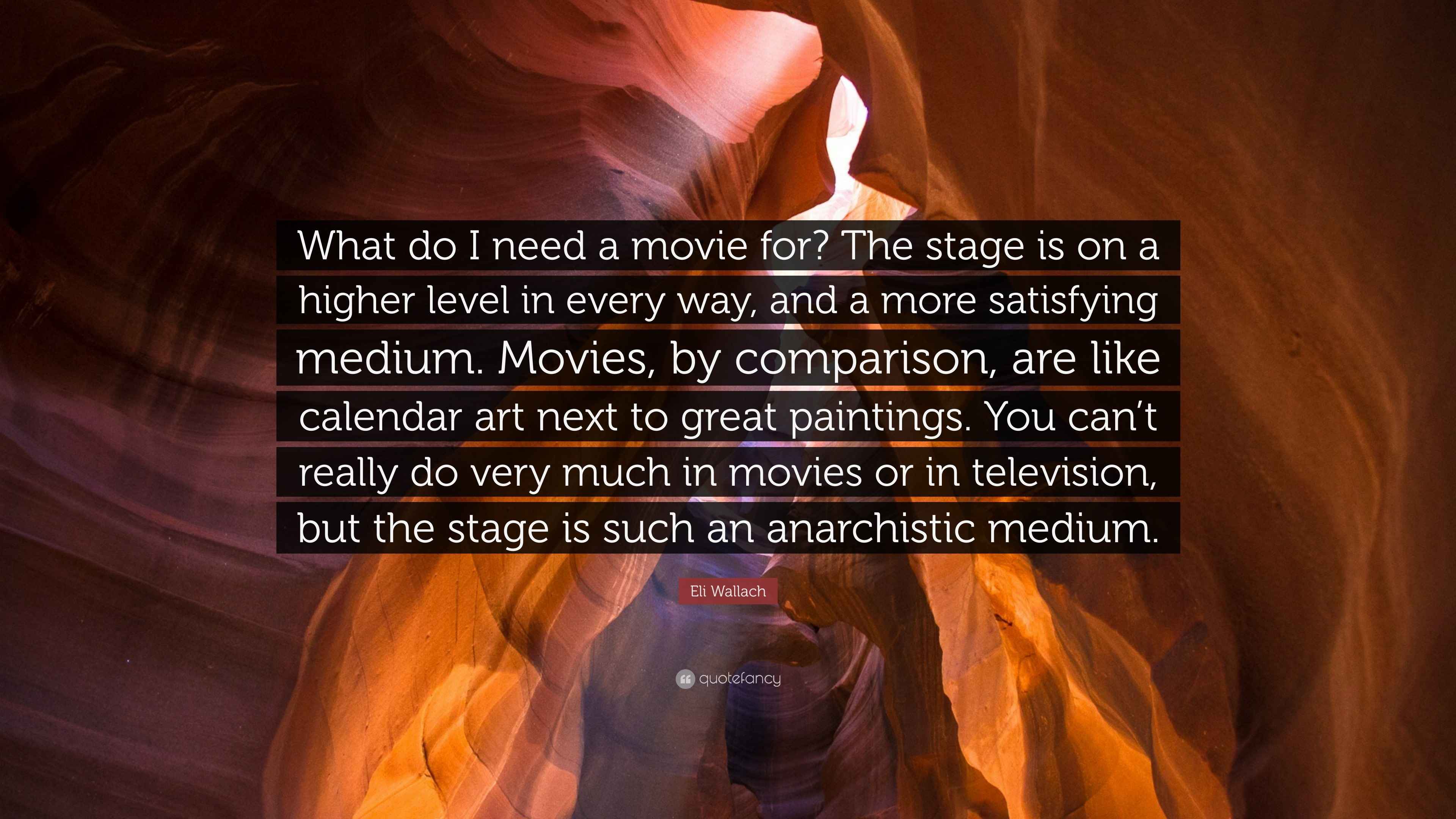

By my remembrance, his images were nearly always a little larger and wilder than life. I can remember very vividly his general spirit and manner-heroic, impetuous, tender, magniloquent, naive, beyond the endowment or daring of anybody since just as vividly, I can remember the total impression of various major sequences. What he had above all, his ability as a craftsman and artist, would be hard enough-and quite unnecessary-to write of, if we had typical scenes before us, or within recent memory since we have seen so little of his work in so many years, it is virtually impossible. And as a primitive tribal poet, combining something of the bard and the seer, he is beyond even Dovshenko, and no others of their kind have worked in movies.”

But in epic and lyrical and narrative visual poetry, I can think of nobody who has surpassed him, and of few to compare with him. He doesn’t appear ever to have realized one of the richest promises that movies hold, as the perfect medium for realism raised to the level of high poetry nor, oddly enough, was he much of a dramatic poet. But he seems to have been a realist only by accident, hit-and-run essentially, he was a poet.

He was capable of realism that has never been beaten and he might, if he had been able to appreciate his powers as a realist, have found therein his growth and salvation. He was remarkably good, as a rule, in the whole middle range of feeling, but he was at his best just short of his excesses, and he tended in general to work out toward the dangerous edge. Aside from his talent or genius as an inventor and artist, he was all heart and ruinous as his excesses sometimes were in that respect, they were inseparable from his virtues, and small beside them. Whatever may be wrong with it, there is in every instant, so well as I can remember, the unique purity and vitality of birth or of a creature just born and first exerting its unprecedented, incredible strength and there are, besides, Griffith’s overwhelming innocence and magnanimity of spirit his moral and poetic earnestness his joy in his work and his splendid intuitiveness, directness, common sense, daring, and skill as an inventor and as an artist. (With all that “understanding,” I look forward to killing, some day, some specially happy giggler at the exquisite scene in which the veteran comes home, in The Birth of a Nation) But even his poorest work was never just bad. Popular Music and the New Auteur: Visionary Filmmakers After MTVĮven in Griffith’s best work there is enough that is poor, or foolish, or merely old-fashioned, so that one has to understand, if by no means forgive, those who laugh indiscriminately at his good work and his bad. Though they usually aren't interested in making good, they do set themselves some kind of mission-Anderson's films are mostly quest movies in an age that no longer believes in quests, and this gives them both an old-fashioned flavor and an air of disillusionment and futility.” They aren't flawed figures who try to do the right thing they don't necessarily learn from their mistakes and we aren't asked to like them in spite of their obvious faults. They are not flawed protagonists either, but are driven at least as much by their unsavory characteristics as by any moral sense. These characters are not lovable eccentrics. Though intensely self-absorbed and central to their films, Anderson's protagonists are neither heroes nor antiheroes. But they are certainly involved in a frustrated and digressive kind of irony that suggests a certain political situation. The characters in question aren't liberals they may in fact, along with Anderson himself, have no particular political or philosophical interests. I'm not speaking here of specific political beliefs. Without the irony dilemma Roth describes, we would find it hard to explain figures like Max Fischer, Steve Zissou, Royal Tenenbaum, Mr. This thinking is appropriate to Wes Anderson, whose central characters are so deeply locked in ironist cages that his films become two-hour documents of them rattling their ironist bars.

Irony dominates as a "mockery of the promise and fitness of things," to return to the OED definition of irony. president turns out to lean right of center, the intelligentsia can see no clear path of action. Rather, the ironist's cage is a state of irony by way of powerlessness and inactivity: In a world where terrorism makes cultural relativism harder and harder to defend against its critics, marauding international corporations follow fair-trade practices, increasing right-wing demagoguery and violence can't be answered in kind, and the first black U.S. “This is not the "relativism of truth" presented by journalistic takes on postmodernism.


 0 kommentar(er)
0 kommentar(er)
